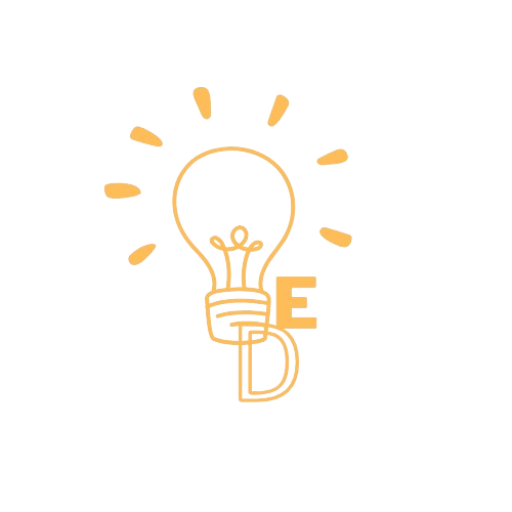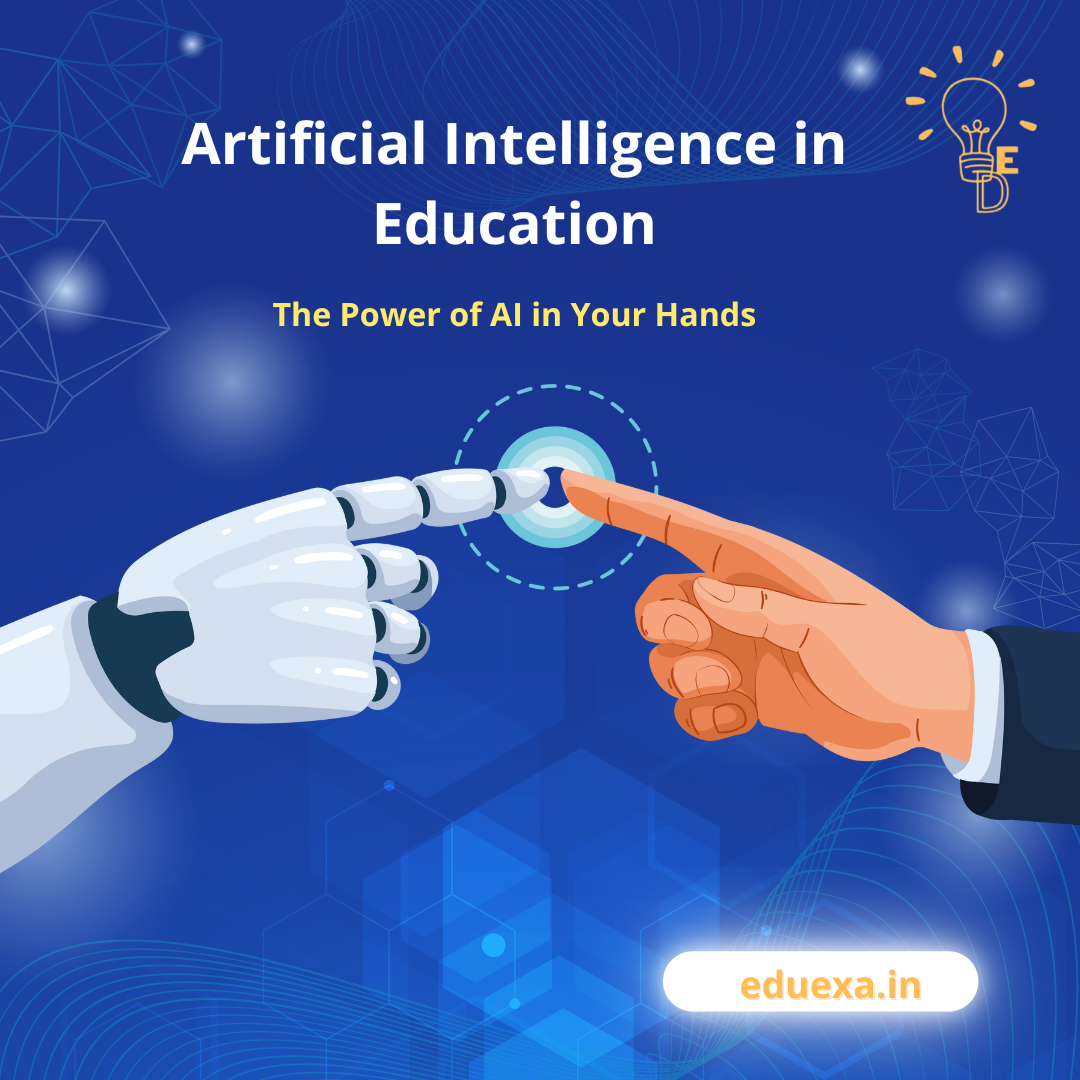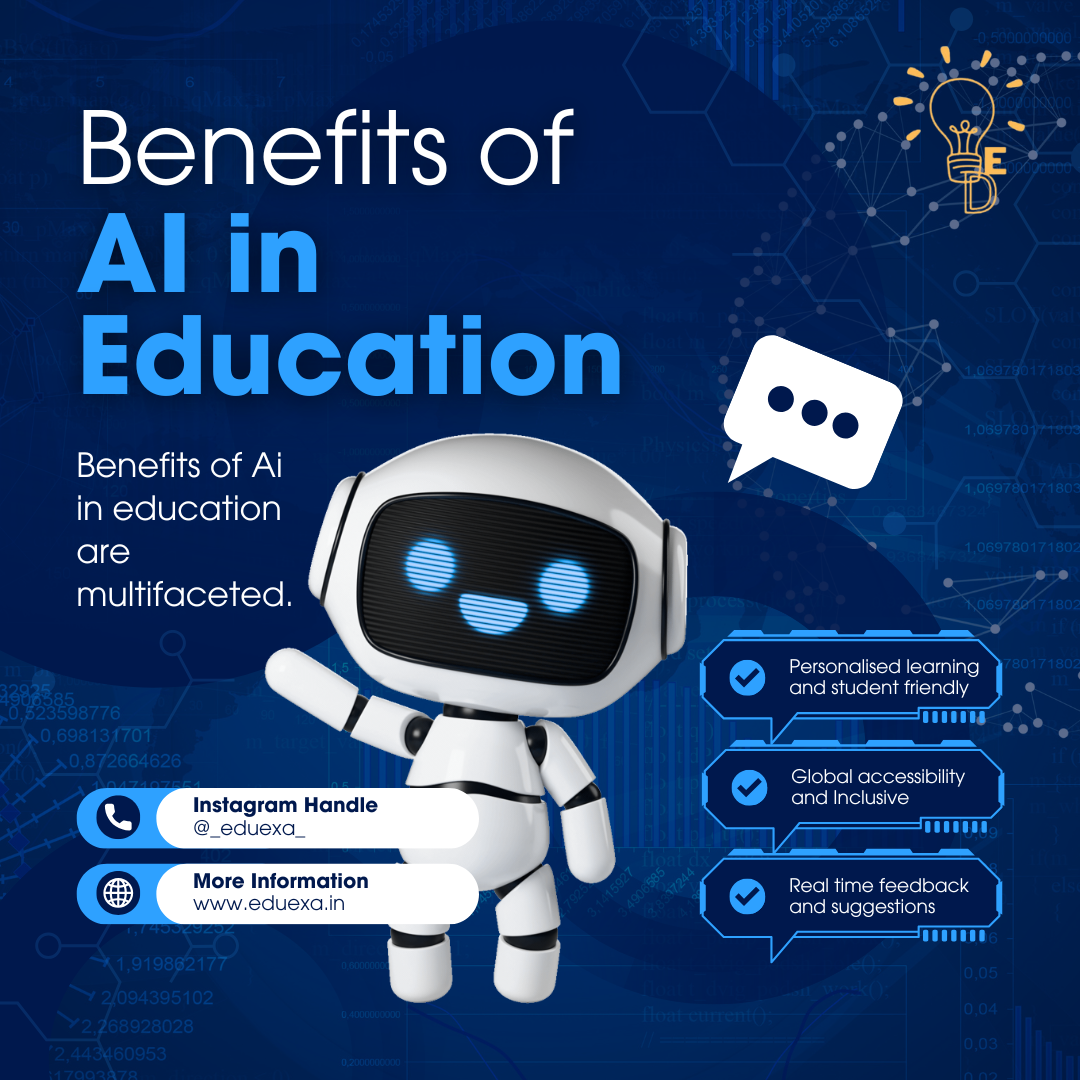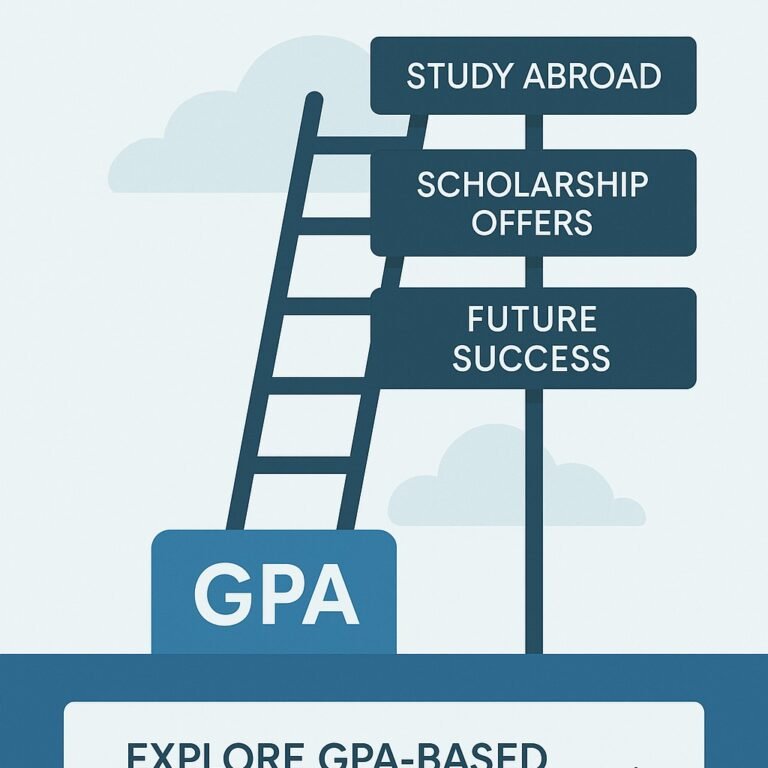Introduction
AI in education is no longer a distant dream, it is a present day reality that is slowly transforming the education model and learning outcomes. With the incorporation of artificial intelligence, the education sector is undergoing digital transformation which has changed student’s learning and interest, teacher’s teaching pattern and overall academic results.
What is artificial intelligence?
Artificial Intelligence refers to programming human intelligence into machines. Simply speaking it refers to the ability of the machines or robots to perform the tasks which typically require human intelligence and understanding.
Artificial intelligence in education means use of Ai driven techniques and technologies in education and learning platforms to offer adaptive and personalized educational experiences to students. Ai facilitates in instruction, automated work and administration with ease and perfection.
Benefits of AI in education
Application of AI in education has truly transformed the academic and learning outcomes. The benefits of Artificial Intelligence are multifaceted which spreads across classes, courses and students. Some of the benefits are discussed below:-
Personalized learning
Customized shirts and gifts feel so personal and reliving. Now think of a customized learning model? The best application and outcome of artificial intelligence in education is the personalized learning model. Each student has its own profile on the AI tools and hence these tools use algorithms to devise personalized learning paths. These learning models are specifically based on a student’s strengths, weaknesses, learning behaviour and pace.
Real time feedback
Tareek pe Tareek is really daunting and especially when you are anxiously waiting for the test results. At earlier times, we used to wait for a minimum of 2-3 days for a normal 20 marks test results. And this delayed test score and feedback used to make students more anxious and less productive. Now with the integration of AI, computer based tests which can give quick results has made the journey smoother. Let’s take an example of a test series of competitive exams like testbook, adda247 which gives instant test feedback so students can work on their weaknesses early.
Global accessibility and inclusion
Artificial intelligence has made education accessible to all. Professors at top universities like Harvard, Ivy league and MITs are now teaching students in India. Students now do not have to shift to other destinations in order to access the top educational facilities and faculty teachings. With this facility, every student irrespective of his location can access education and it increases inclusivity.
Ease and Convenience
AI has not only given one stop solution and amenities but also transformed the educational landscape by providing ease and convenience to students as well as teachers. Teachers do not have to check the 100s of test copies manually instead they can use this time in taking student’s queries. Students now do not have to travel for hours to reach the test centres, they can take the mock exams online from their home reducing travel cost.
Better outcomes
Imagine I take you to a virtual tour of Indus Valley Civilization showing you the town planning, administrative units, seals and potteries. Now imagine I am explaining about civilization verbally. What do you think would interest you more? Obviously the virtual tour, because not only you will be interested in learning but you will also remember about this through the experience. Hence, with a proper learning model, students retain more and remember better leading to desired outcomes.
“Read about the upcoming government exams in 2025“
Challenges in implementing AI in education
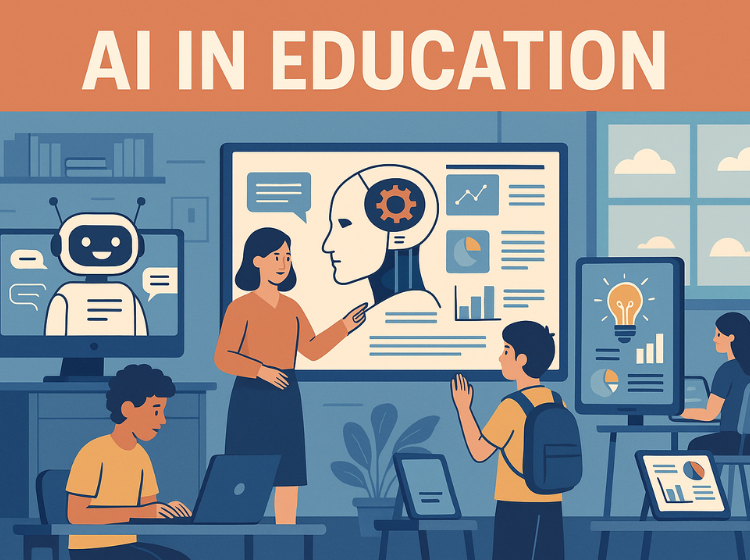
The benefits of Artificial intelligence in education are numerous and undoubtedly it has left a transforming impact on the learning system and education outcomes. But each coin has two sides. These benefits come with a cost and it can pose some serious challenges to users at large. Some of the challenges are as follows:-
Right to privacy impacted
While we have the right to privacy as our fundamental right, developments like AI are possibly taking those rights away. These AI based tools use personal information and preference in order to generate personalised results. So, you have to give personal information as inputs.
Possible data breaches
AI systems collect vast amounts of data such as personal information, contacts, sometimes facial recognition, in addition to recording the behavioral patterns and habits. As such there are rising concerns about how this data is stored, used, and protected.
Cyber security challenges
Cyber security threats are no joke. One click and all your data is gone. Most of the people today are by themselves sharing their personal information to AI tools unaware of the cyber security challenges it might pose. Not all the apps are trustworthy and hence some of the tools might result in scams.
Algorithm based biases
It records the pattern and behaviour of the user and hence shows the outcome based on the user’s pattern. This saved algorithm may possibly show biased content skewed toward the student’s personal interests and likings.
High implementation costs
AI technology is truly transforming and this transformation needs huge costs. Implementing AI in schools, colleges and coachings require top-notch technologies, systems and softwares which costs a lot initially.
Resistance to change
Modern solutions are always challenged by the people’s mindset and resistance to change. People are more comfortable with the old methods and as such are not always willing to change or adapt to new technologies. Oldest faculties or traditional teachers find it difficult to operate the new AI driven classrooms and lectures.
Pre-assumed threat to jobs
Some people believe that AI will replace teachers in the future. As a result, teachers are unwilling to promote and use AI tutoring. Though that’s not true, AI is meant to ease the work of teachers and help students understand better.
Lack of 100% Reliance
These updated technologies are just gadgets after all. You can not rest assured about the results, any technical glitch or error can lead to flawed results.
“Do you know about the CGPA System? Lean everything about CGPA here”
AI and teachers: Possible impacts of AI in education
AI has assisted teachers in possibly every task be it delivering the lectures, conducting mock tests, curating videos and animation. Let us understand the tasks being taken up or assisted by AI:-
Automated tasks:- Ai assists in everyday tasks such as attendance, grading, assessments etc which take up much time of teachers.
Interactive Classes:- You can show the huge volcanic eruptions to small microscopic organisms all through smart classes. These interactive sessions and videos boosts student’s inquisitive sight and interest.
Performance Analytics:- Providing insights into student performance trends to help teachers adjust their teaching strategies.
Smart Content Creation: Teachers can generate Ppts, interactive quizzes, activity etc easily using Ai generators.
How has Ai in Education impacted students?
Personalised Learning Experiences: AI enables adaptive learning platforms that tailor content to each student’s pace, strengths, and weaknesses. For example- Vision IAS personalised test series based on your strengths and weaknesses.
Competitive resources and classes: Students can now look for competitive study materials of different coachings and faculties in literally no time.
24\7 Availability: AI has removed all the barriers in student’s learning. Not just geography, even time is no longer a constraint, you can access these AI based platforms at any time. Whether you are a night owl or an early bird, all you need is dedication to study, resources can be made available at any time.
Breaking language barriers: Real time translations and automated caption generation has assisted the students at large. It has breaked all the language barriers coming in the way of learning success.
Conclusion
The impact of Artificial intelligence in education is truly transformative and revolutionary. From personalized learning to streamlined administration, AI is reshaping the educational landscape. While there are challenges to overcome—such as data security and cost—its potential benefits far outweigh the drawbacks.
As we move towards a more digitized future, embracing AI in education is not just an option—it is a necessity for creating inclusive, efficient, and forward-thinking learning environments.
FAQs
Q1: What is the role of AI in education?
AI helps personalize learning, automate administrative tasks, and improve access to quality education.
Q2: Can AI replace teachers?
No. AI complements teachers by handling repetitive tasks, but it cannot replicate human mentorship and emotional intelligence.
Q3: What are the main benefits of using AI in education?
The main benefits include personalized learning, improved accessibility, administrative efficiency, and student performance tracking.
Q4: Are there risks involved with AI in education?
Yes, including data privacy concerns, algorithmic bias, and the digital divide.
